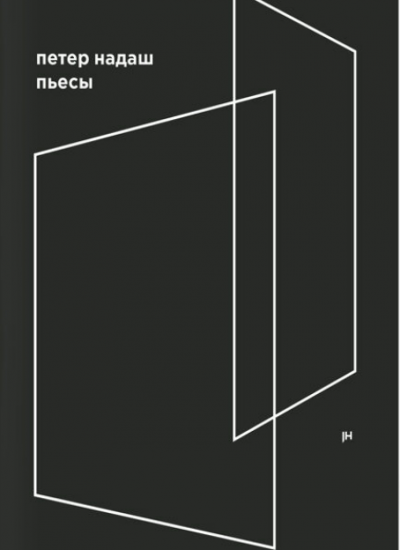House Cleaning, Meeting, Burial

Péter Nádas’s Trilogy consists of three dramas: House Cleaning (1977), Meeting (1979), and Burial (1980).
When it was published, it offered his readers and audiences a completely “new and deeply thought-out concept of drama and theatre” (Erdődy, 1993).
As the author himself admits, “I am interested in the visual sensation that derives from the sensuality of the living human body. Which, of course, also tells a story, and from that story, a thought may emerge.”
In Nádas’s dramas, the text often has a musical as well as a verbal dimension. Each of the three dramas is a separate work but is also closely connected to the others in several respects. The characters are partly living, easily recognizable people and partly symbols. Nádas’s drama has been compared to Genet’s theater by many. The Russian reader and audience also get interesting insights into the treatment of the 20th-century history of Hungary, since Meeting reflects on Hungarian history after the Second World War. Later, Siren Song was written in a different genre – the satirical play deals with the theme of Odysseus’s wanderings from a contemporary perspective.
The volume is published as part of a series on intellectual prose by Jaromír Hladík Press in St. Petersburg. Pilinszky’s Conversations with Sheryl Sutton was also published in Russian earlier in the series, which offers Russian readers Hungarian books in a wide variety of genres.

Péter Nádas (1942 - ) is one of the most prominent figures of contemporary Hungarian literature and a representative of the 1970s paradigm shift in Hungarian fiction, Péter Nádas always deals with the most urgent issues of the world today: the quest for the self, the loss and retrieval of memory, the relationship between the individual and power.
His works have been translated into and are known in several languages, including Russian.
His works published in Russian in the early 21st century include the novels The End of a Family Story (2003), translated by Elena Malykhina, A Book of Memories (2014), and Own Death (2010); the volume of essays A szabadság tréningjei [Trainings in Freedom] (2004), translated by Vâčeslav Sereda; as well as an essay and the poem “A Sedimental Glossary” (2017), published in my translation. As I have been writing about Hungarian plays and translating them to Russian for years (nine plays and dozens of screenplays so far), I have always felt that Nádas’s dramas, and especially the Trilogy, need to be translated into Russian to address a lacuna, and because all three have proven to excellent works of the theater, as exemplified by their success both in Hungary and abroad.